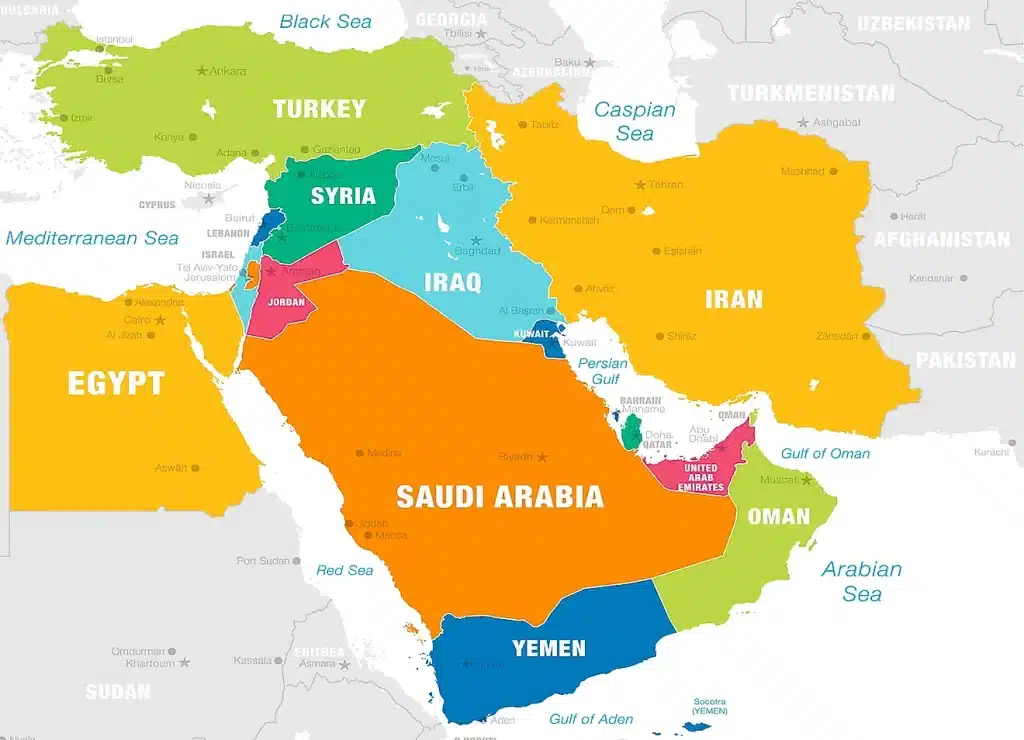From Beirut to Aleppo: Why is maintaining stability in Syria important for regional security?
While all eyes were on the ceasefire negotiations in Lebanon and the official announcement of this news by the presidents of the United States and France, the remnants of the suppressed terrorists in Syria, once again with the support of Tel Aviv, beat the drum of sedition and division among the Islamic nation and began an attack on the economic heart of Syria, Aleppo. The strange thing is that this military attack was pursued without the slightest resistance and is spreading to the surrounding areas such as the cities of Hama, Nubl, and Al-Zahra. Of course, in the last 24 hours, the Syrian army and its allies, namely Iran, Russi,a and resistance groups, have dealt heavy blows to the fortifications of Tahrir al-Sham.
If the news is confirmed by reliable sources, the biggest capture of these days of the resistance was the death of Abu Muhammad al-Julani, the leader of Tahrir al-Sham, and the terrorists under his command. However, many analysts are monitoring the ongoing developments in northern and northwestern Syria with concern and are worried that the bitter memories of the “civil war” will be revived once again and the few remaining infrastructures in this Arab country will fall victim to blind Salafi-Takfiri terrorism. In the rest of this note, we will try to examine the necessity of confronting the threat of Salafi-Takfiri terrorism and the duty of each pillar of the Resistance Axis to confront American terrorists.
Quenching the Sedition of Sham, the Mission of the Resistance Axis
While the whole world is watching the Zionist regime’s state terrorism in Gaza and Lebanon; the terrorists based in Syria have raised the flag of hypocrisy and, without firing a single bullet toward the occupied territories, are seeking to weaken one of the main pillars of the Resistance Axis in the process of arming the Lebanese and West Bank resistance in the eastern Arab region. The terrorists’ efforts to dominate the main communication routes such as the “T-5” road or the attempt to destabilize the Iraq-Syria borders indicate coordination between the Tahrir al-Sham forces and the Zionist regime. While the Israeli Air Force is trying to prevent the transfer of weapons to the Lebanese front by bombing the advisory units, weapons depots, and communication routes of the resistance, the terrorists can play a role as “infantry” and engage in hand-to-hand combat with members of the resistance axis. The definition of such a position requires that the Syrian forces, having overcome all the deprivations and hardships resulting from years of civil war, take up arms for the homeland, flag, nation, and Islamic Ummah and resist the terrorists.
During the attack of the coalition known as “Fatah al-Mubin”, the terrorists, in addition to illegally occupying the Iranian consulate in Aleppo, also attacked two Iranian advisory bases in Kafr Nabl and Khan Sheikhoun, Syria. The fact is that from the first years of the Syrian civil war, the Mossad service was able to falsely introduce Iran and the resistance axis as the enemy of the “Islamic world” by infiltrating the command and middle layers of the terrorists! The insults and insults of terrorists residing in Idlib in recent days have their roots in years of humiliation of terrorists by the Resistance Axis and suppression of their anti-security actions in various parts of Syria by the Resistance Axis.
To win in Ukraine, one must win in Syria.
The ruling neo-Eurasianists in the Kremlin are well aware of the importance and position of Syria in the geopolitical competition with the transatlantic powers. In the early years of the collapse of the Eastern Bloc, the North Atlantic Treaty Organization, led by the United States, sought to encroach on the Russian security environment known as the “near abroad.” The war in Ukraine and the ongoing unrest in Georgia indicate the continued popularity of this policy among Western statesmen. In response to this policy, however, Vladimir Putin decided to enter into geopolitical competition with the United States.

